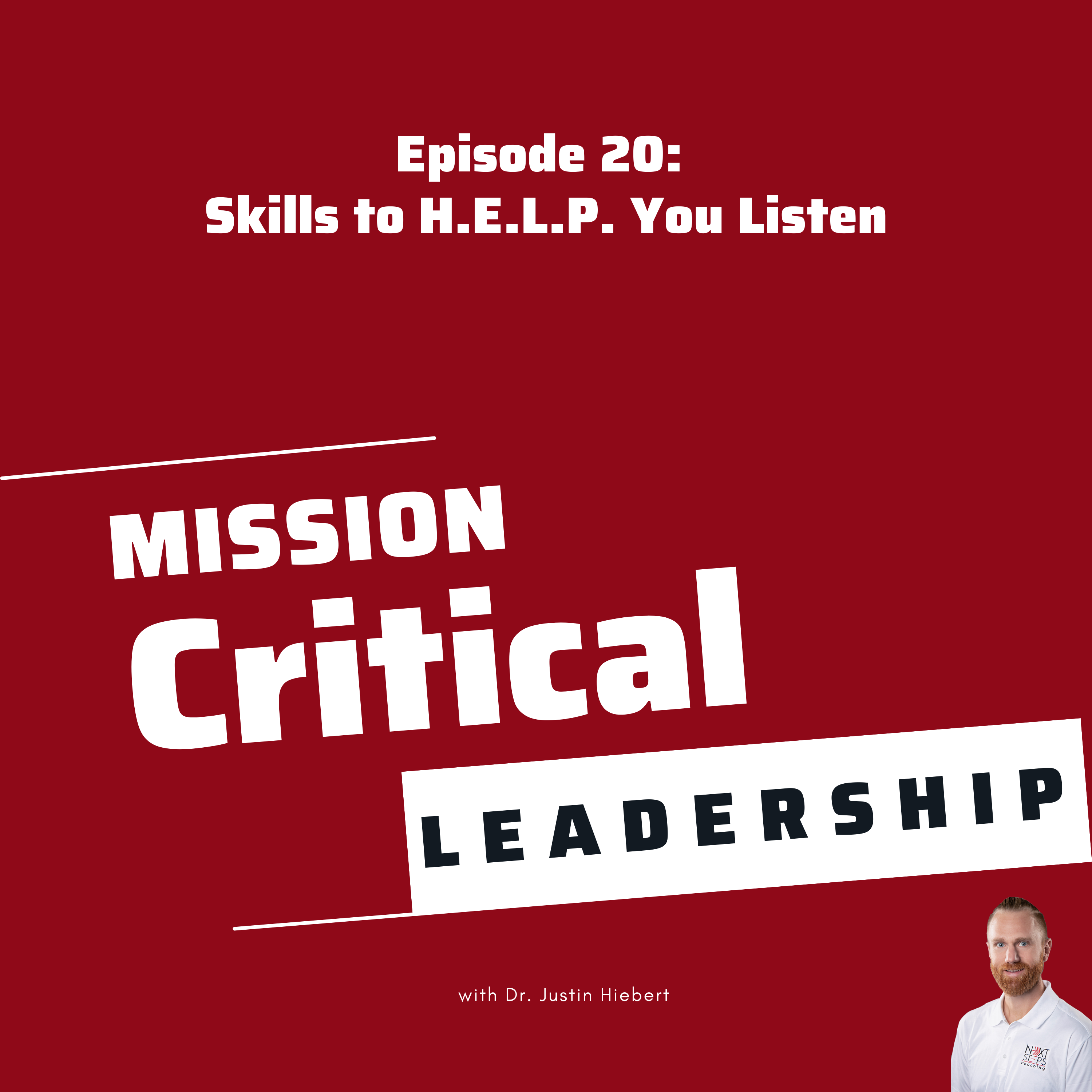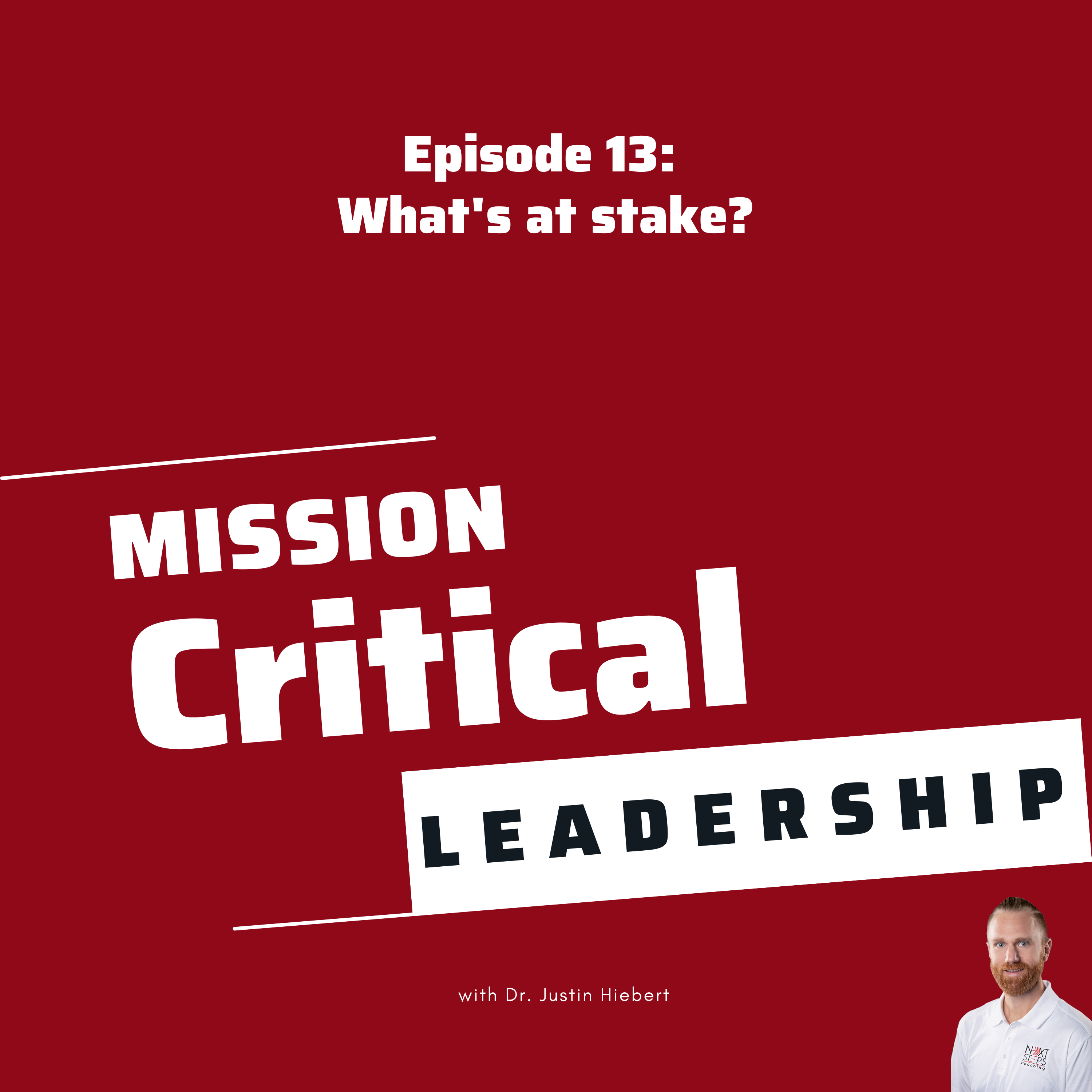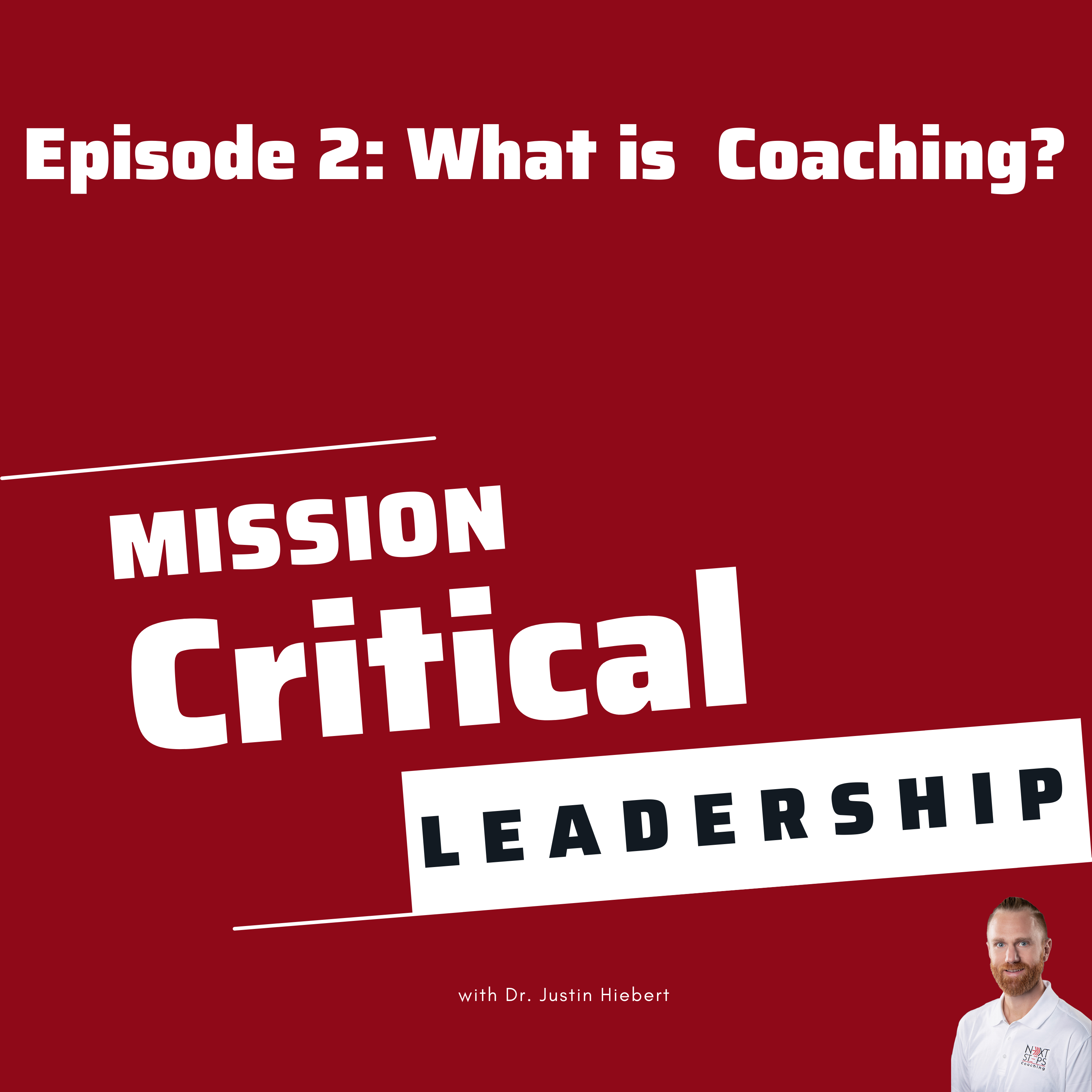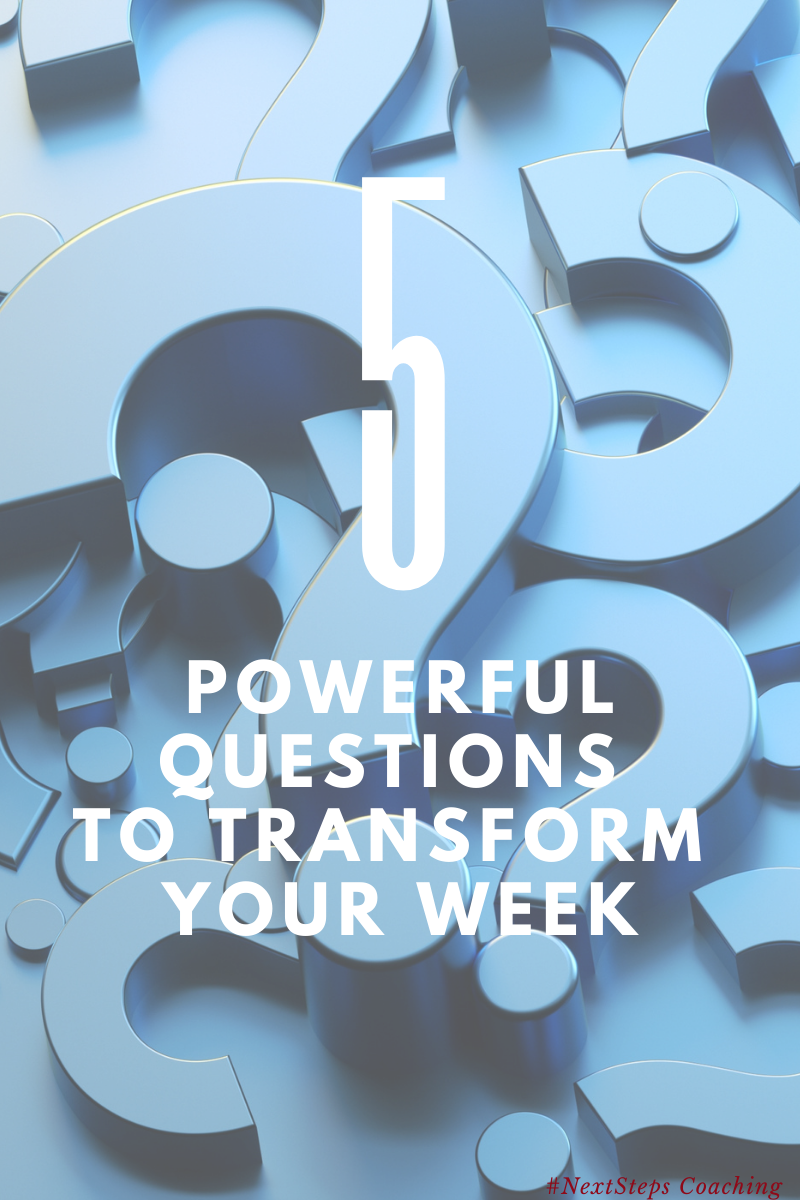
There is a difference between busy and purposeful. In today’s episode, we’re going to explore those issues and help you craft a plan for intentionality on your leadership journey.
In This Episode
In this episode, we talk about the difference between busy and purposeful.

Busy people are distracted.
They are running from one activity to the next, afraid of missing out. We’ve all met people who can’t put their phones down, even in a conversation. Afraid of missing out, they are scrolling for the next distraction so they can avoid the present moment.
In contrast to this, purposeful people seek out intentional influence. Purposeful people have created “white space” in their heads, and on their calendars, so they can be fully present. When you practice intentionality, you seek out ways to inspire and equip those around you.
Busy people are chasing.
When you’re busy, you’re afraid to be still. Busy people fill their calendars and as a result, are always chasing false joy. In the pursuit of busyness, we fill are chasing every possible outcome, and fail to attain anything of significance.
In contrast to this, purposeful people are in pursuit. They pursue greatness, significance, and meaning. When purposeful people clear their calendar and their mind, they are free to practice presence and influence.
Busy people are reactionary.
By virtue of being distracted and chasing opportunity, busy people are reactionary. They never have time to anticipate what’s ahead and fail to plan appropriately. By failing to have time for reflection and planning, they can never anticipate what’s ahead.
Purposeful people counter this by being proactive. They build in time to think, reflect, and prepare their team for the journey ahead. Purposeful people are passionate about anticipating obstacles and preparing wisely. When purposeful people are proactive, they are free to develop others and build their legacy.
There is a difference between busy and purposeful.
Choose Purposeful.
—–
Dr. Justin Hiebert works with mission-critical leaders to accomplish the unimaginable. Justin knows that no leader needs more things to do, so he works with his clients to get the right things done. His clients rise above burnout, captivate their teams, and transform their communities. By engaging their hearts and minds, his clients unlock their full potential to be, do, and have it all. This affords them the ability to leave a legacy of influence and impact on the world. He is a husband, father, teacher, learner, and champion of joy. He resides in Bakersfield with his wife, four kids, two cats, and one dog. In his free time, he loves exercising, riding motorcycles, and doing anything outdoors.
Podcast: Play in new window | Download
Subscribe: RSS







